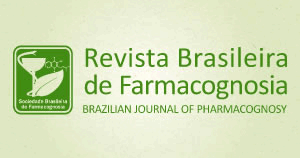The objective of this research was to carry out an ethnobotanical study about the indication of medicinal plants for oral conditions, as well as to investigate the use of medicinal plants among users of dental services in the city of João Pessoa, Brazil. The work consisted of two stages of investigation: traditional healers ("raizeiros") (n = 20) and users (n = 200). A structured form was applied to the healers in order to know which medicinal plant they marketed most for oral pathologies. Later, a form was applied to the users of public services (n = 100) and private services (n = 100) to obtain information about the use phytotherapy. The most frequent plants used for oral problems that were sold by the healers were: "babatenon" (Pithecelobium avaremotemo Mart.), "aroeira" (Schinus terebinthifolius Raddi), cashew tree known as "cajueiro roxo" (Anacardium occidentale L.) and "quixaba" (Bumelia sartorum Mart.). Among the users, 80% reported the use of medicinal plants. The most cited were pomegranate (Punica granatum L.), cashew tree, "juá" (Zizyphus joazeiro Mart.), and mint leaf known as "hortelã da folha graúda" (Plectrantus amboinicus Lour). The data suggest that a good deal of the local population, mainly public service users do use medicinal plants. It is necessary, though more studies to prove the effective action of the plants under scientific basis.
Ethnobotany; phytotherapy; medicinal plants; oral health




